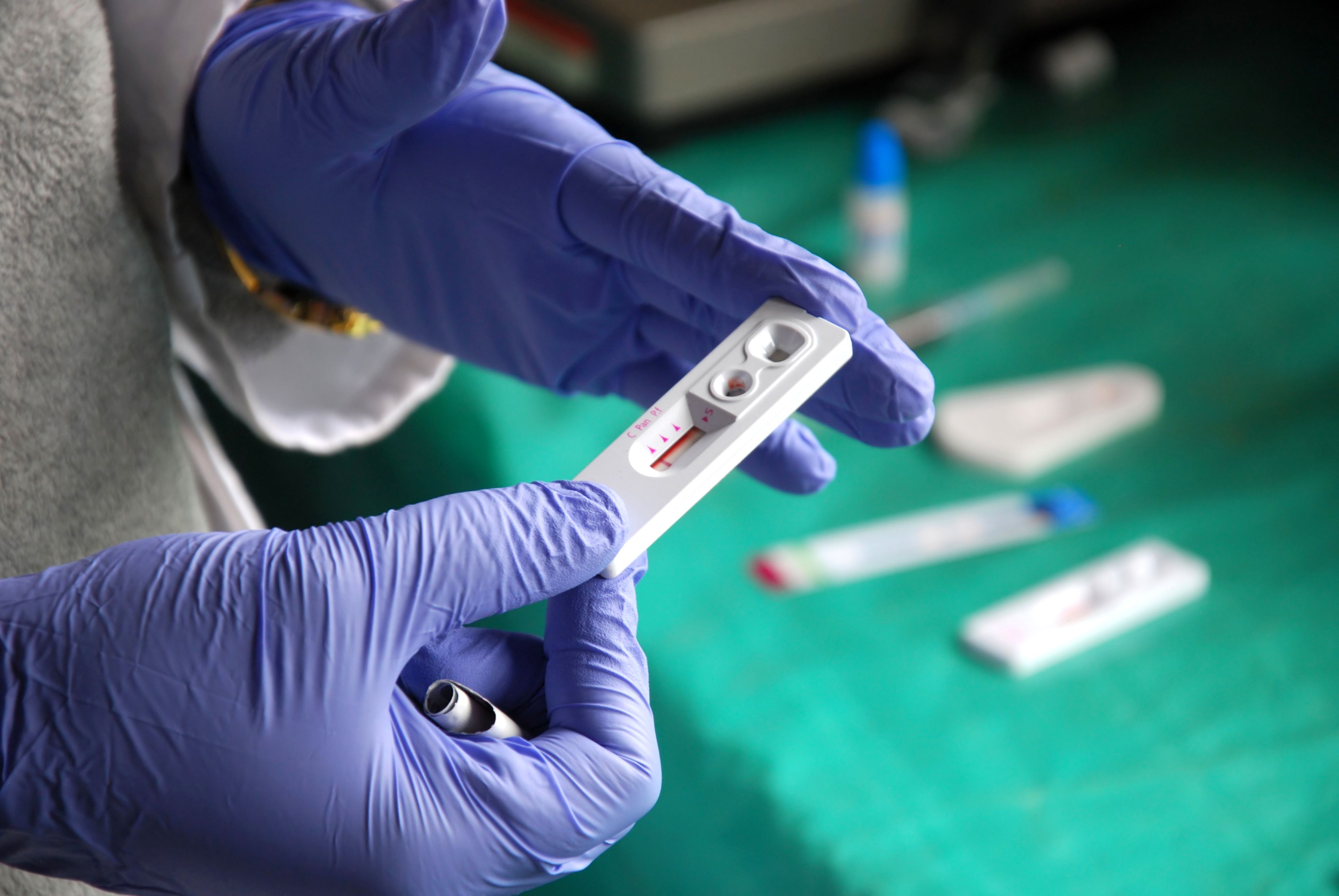Article
One In Three People Would Risk Shorter Life Rather Than Take Daily Pill To Avoid Heart Disease
One in three people say they would risk living a shorter life instead of taking a daily pill to prevent cardiovascular disease, according to new research inCirculation: Cardiovascular Quality and Outcomes.
PRESS RELEASE
DALLAS, Feb. 3, 2015 — One in three people say they would risk living a shorter life instead of taking a daily pill to prevent cardiovascular disease, according to new research inCirculation: Cardiovascular Quality and Outcomes, an American Heart Association journal.
Researchers at the University of California San Francisco (UCSF) and the University of North Carolina at Chapel Hill surveyed 1,000 people (average age 50) via the Internet hypothetically asking how much time they were willing to forfeit at the end of their lives to avoid taking daily medication. They were also asked the amount of money they would pay and the hypothetical risk of death they were willing to accept to avoid taking medications to prevent cardiovascular disease.
The survey showed:
- More than 8 percent of participants were willing to trade as much as two years of life to avoid taking daily medication for cardiovascular disease; while roughly 21 percent would trade between one week and a year of their lives.
- About 70 percent said they wouldn’t trade any weeks of their lives to avoid taking a CVD pill daily
- About 13 percent of participants said they would accept minimal risk of death to avoid taking a pill daily; 9 percent said they’d risk a 10 percent chance; and about 62 percent weren’t willing to gamble any risk of immediate death.
- About 21 percent said they would pay $1,000 or more to avoid taking a pill each day for the rest of their lives, but 43 percent said they wouldn’t pay any amount.
“What we were really trying to measure is how much the act of taking a pill — obtaining it, remembering to take it and actually taking it — interferes with one’s quality of life,” said Robert Hutchins, M.D., M.P.H., lead author and resident physician in UCSF’s Department of Medicine, Division of General Internal Medicine. “Even ignoring the side-effects of pills, the act of having to take a daily pill can have a large effect on an individual’s quality of life."
“When you consider that many adults are on numerous pills, the effect is often magnified for that person,” he said. “On a population level, even for the small reductions in quality of life like those found in this study, that effect multiplied across millions of people can have very large effects on the cost-effectiveness of that drug for a population.”
While Hutchins and co-authors, believe this is the largest study to date to quantify the utility of taking such medications, they note that the survey was hypothetical. Researchers used a time trade-off method as their primary goal, with the standard gamble and willingness-to-pay as secondary aims.
The standard gamble technique measures an individual’s preference under uncertain situations — in this case whether they may one day require cardiovascular medications and whether they would take them or risk CVD or related death.
Although the survey stipulated that participants wouldn’t have to pay for pills and to ignore any potential side effects, researchers aren’t certain that these issues didn’t affect responses.
“It is important to note that our survey only measured individuals’ preferences at one point in time,” Hutchins said. “However, the fact that we did not see large differences gives us confidence that this effect is probably not large.”
The respondents were 59 percent female and 63 percent Caucasian. Almost a third didn’t have college degrees and 51 percent had incomes between $25,000 and $75,000.
The mean utility — the value of taking just one daily pill for CVD prevention, such as statins or even aspirin – was found to be approximately 0.990 to 0.994. Utility refers to potential value of preventative services including disease prevention, cost effectiveness, quality of life and adverse effects.
The study’s findings are useful for policymakers evaluating preventive interventions, specifically the cost effectiveness of those interventions for cardiovascular disease, Hutchins said.
Co-authors are Anthony J. Viera, M.D., M.P.H.; Stacey L. Sheridan, M.D., M.P.H.; and Michael P. Pignone, M.D., M.P.H. Author disclosures are on the manuscript.
The National Institutes of Health funded the study.
Additional Resources:
- Cardiovascular Disease Prevention
- Preventing and Treating a Heart Attack
- Stop Heart Disease before it starts with Life’s Simple Seven
- Researcher photo, heart illustrations and pictures of medication bottles are all available on the right column of this news release link:http://newsroom.heart.org/news/one-in-three-people-would-risk-shorter-life-rather-than-take-daily-pill-to-avoid-heart-disease?preview=9fc0c22d4003b55a01be79d9cf1932a6
- Follow AHA/ASA news on Twitter @HeartNews
- Follow CircCVQO on Twitter: Circulation: CVQO@CircOutcomes
###
Newsletter
Stay informed on drug updates, treatment guidelines, and pharmacy practice trends—subscribe to Pharmacy Times for weekly clinical insights.






